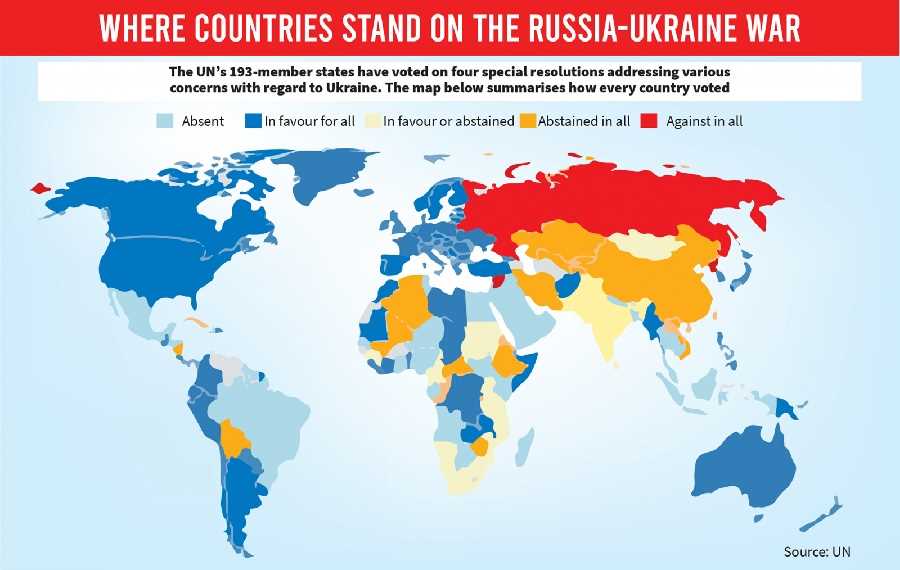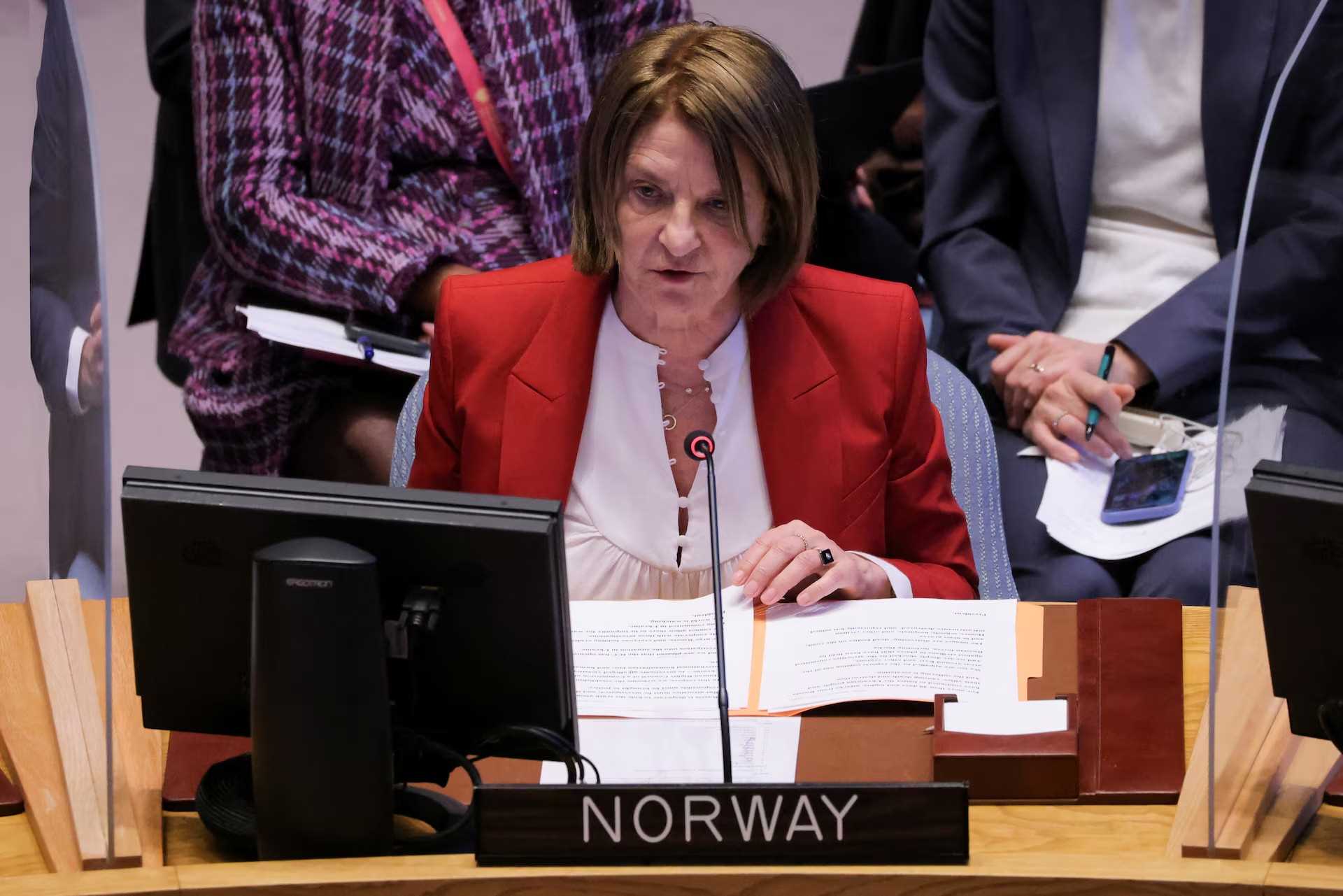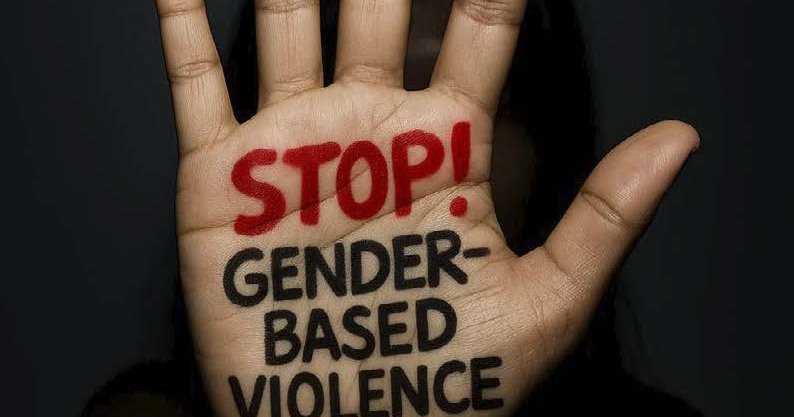
Monica Cheru
In his usual style of unfiltered candor, and to hell with political correctness, US President Donald Trump has confirmed what many have suspected since the outset of the Ukraine conflict: this was never about Ukraine.
Trump’s recent statement about his phone call with Russian President Vladimir Putin is revealing.
It has always been a high-stakes geopolitical battle between the United States and Russia, a war fought through proxies but orchestrated from Washington. Trump openly stated that Zelenskky would be “informed” of developments and it is clear that the latter’s opinion is irrelevant.
Trump acknowledges that the war has resulted in “millions of deaths” (a possible exaggeration, but indicative of the scale of the tragedy) and asserts that it would not have happened under his leadership.
While his characteristic brashness is to be expected, his key admission—agreeing to direct negotiations with Putin, sidestepping the typical diplomatic intermediaries—signals a shift.
He is openly conceding that the war is not the projected heroic defense of Ukraine’s sovereignty, but a broader conflict in which the West's strategy has failed to achieve its objectives.
For nearly two years, the narrative from Washington, London, and Brussels has been clear: Ukraine was bravely resisting Russian aggression, and Western support would ensure its victory.
Billions of dollars in military aid, sanctions, and economic warfare against Russia were meant to cripple Moscow and force a humiliating retreat.
Instead, what has unfolded is an increasingly undeniable reality: Russia has not only endured but has arguably strengthened its position, both militarily and economically. Meanwhile, Ukraine is facing mounting battlefield losses, dwindling Western support, and an exhausted population.
The West’s Miscalculation
The grand Western strategy—that economic sanctions would collapse Russia, that military aid would decisively tip the balance, and that Putin would ultimately be removed from power—has not played out as expected.
Russia’s economy has pivoted toward Asia and the Global South, defying expectations of an imminent collapse. Its military-industrial complex has ramped up production at a scale the West failed to anticipate. The much-vaunted Ukrainian counteroffensives have yielded limited territorial gains at an enormous human cost.
Perhaps most importantly, the once-unquestioned Western unity on Ukraine is fraying. European nations are facing war fatigue, with leaders like Hungarian Prime Minister Viktor Orbán openly defying the EU’s aggressive stance.
Related Stories
U.S. political divisions over continued support for Ukraine have become glaring, with a growing segment of Americans questioning the endless financial drain of the conflict.
The West miscalculated Putin’s resilience, Ukraine’s ability to sustain prolonged warfare, and—critically—the willingness of the non-Western world to reject the Western narrative.
Putin: The Unexpectedly Reasonable Player
While Western media has persistently framed Putin as the aggressor and villain, Trump’s phone call and subsequent remarks suggest that all along Putin has been the rational actor. That Putin was just waiting for a US leader with “common sense” to work with to end the needless conflict that has caused so much devastation and death.
This is not an isolated perspective. Several world leaders, from China’s Xi Jinping to Turkey’s Recep Tayyip Erdoğan, have engaged with Putin diplomatically rather than treating him as an international pariah.
If Putin were the reckless warlord the West has painted him to be, he would not be talking about negotiations. He would not have refrained from total war tactics that could have crushed Ukraine far earlier.
He has repeatedly shown a willingness to engage diplomatically, even as Western leaders have largely dismissed any talks that do not meet their rigid demands.
Trump’s comments suggest that he recognizes Putin’s position as more pragmatic than ideological. Unlike the zealots in Washington who have treated negotiations as surrender, Putin has consistently stated his willingness to end the war—on terms that protect Russian interests. These terms may not be palatable to the West, but they are not irrational.
A Changing World Order?
With Trump’s return to White House in 2025, his apparent willingness to deal directly with Putin marks a dramatic shift. It is also in line with the sentiments of many Americans who are growing weary of pouring billions into a war with no clear endgame.
More broadly, Trump’s call highlights a larger geopolitical trend: the declining influence of Western dominance in global affairs. The unipolar world of U.S. supremacy is fading, and the rise of multipolar diplomacy—where nations like Russia, China, and others assert their own spheres of influence—is becoming undeniable.
The Ukraine war was meant to weaken Russia and reinforce Western dominance. Instead, it has exposed Western miscalculations and reinforced the reality that Washington can no longer dictate global outcomes unilaterally.
If Trump’s negotiations with Putin signal a shift toward clear pragmatism, rather than self-interests shrouded in ideological rhetoric, the world may indeed become a more stable place
It remains to be seen whether Western leaders will acknowledge this reality or continue clinging to a strategy that has failed. But one thing is now crystal clear: even Donald Trump, for all his bombast, recognizes that this war is one the West has not won.
And of course Trump being Trump, has given the west new headaches with his stated intent to colonise Europe starting with Greenland and the trade wars that like true justice, are blind to whether target is foe and friend.




















Leave Comments